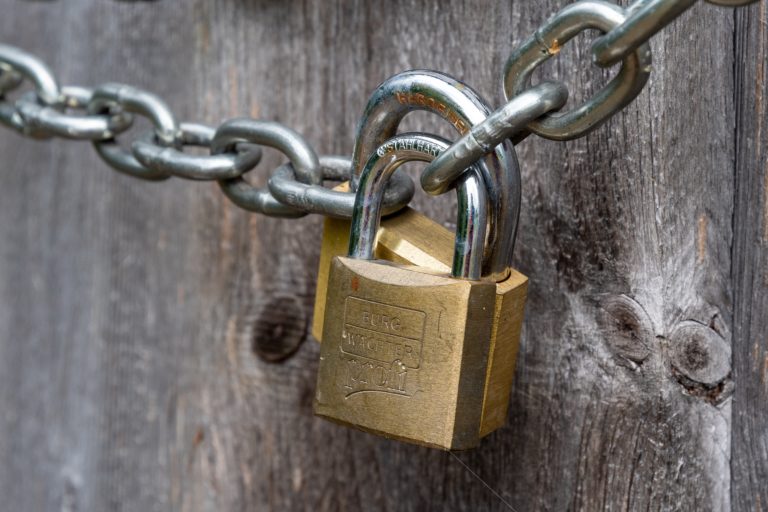
Storing Passwords in Case of Death
Despite having the resources to hire IT forensic experts to help access accounts, including her husband’s IRA, it’s been three years and Deborah Placet still hasn’t been able to gain access to her husband’s Bitcoin account. Placet and her late husband were financial planners and should have known better. However, they didn’t have a digital estate plan. Her situation, according to the Barron’s article “How to Ensure Heirs Avoid a Password-Protected Nightmare” offers cautionary tale.
Our digital footprint keeps expanding. As a result, there’s no paper trail to follow when a loved one dies. In the past, an executor or estate administrator could simply have mail forwarded and figure out accounts, assets and values. Not only don’t we have a paper trail, but digital accounts are protected by passwords, multifactor authentication processes, fingerprints, facial recognition systems and federal data privacy laws.
The starting point is to create a list of digital accounts. Instructions on how to gain access to the accounts must be very specific, because a password alone may not be enough information. Explain what you want to happen to the account: should ownership be transferred to someone else, who has permission to retrieve and save the data and whether you want the account to be shut down and no data saved, etc.
The account list should include:
- Social media platforms
- Traditional bank, retirement and investment accounts
- PayPal, Venmo and similar payment accounts
- Cryptocurrency wallets, nonfungible token (NFT) assets
- Home and utilities accounts, like mortgage, electric, gas, cable, internet
- Insurance, including home, auto, flood, health, life, disability, long-term care.
- Smart phone accounts
- Online storage accounts
- Photo, music and video accounts
- Subscription services
- Loyalty/rewards programs
- Gaming accounts
Some accounts may be accessed by using a username and password. However, others are more secure and require biometric protection. This information should all be included in a document, but the document should not be included in the Last Will, since the Last Will becomes public information through probate and is accessible to anyone who wants to see it.
Certain platforms have created a process to allow heirs to access assets. Typically, death certificates, a Last Will or probate documents, a valid photo ID of the deceased and a letter signed by those named in the probate records outlining what is to be done with assets are required. However, not every platform has addressed this issue.
Compiling a list of digital assets is about as much fun as preparing for tax season. However, without a plan, digital assets are likely to be lost. Identity theft and fraud occurs when assets are unprotected and unused.
Just as a traditional estate plan protects heirs to avoid further stress and expense, a digital estate plan helps to protect the family and loved ones. Speak with your estate planning attorney as you are working on your estate plan to create a digital estate plan.
Reference: Barron’s (Dec. 15, 2021) “How to Ensure Heirs Avoid a Password-Protected Nightmare”

